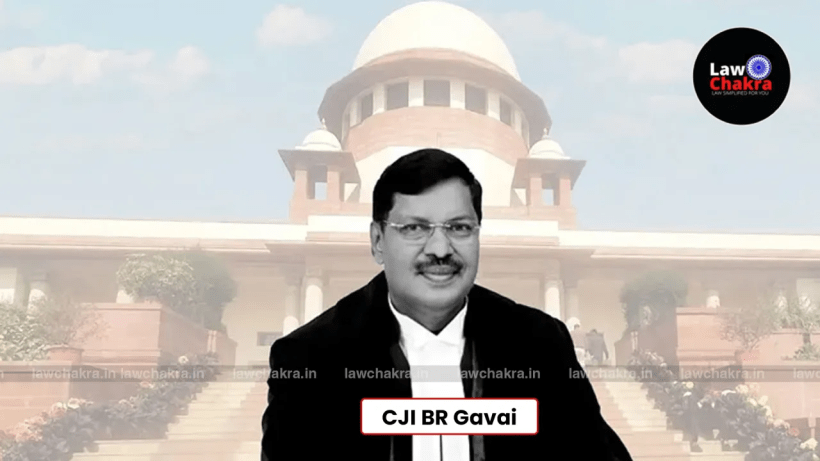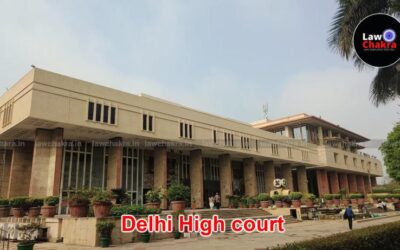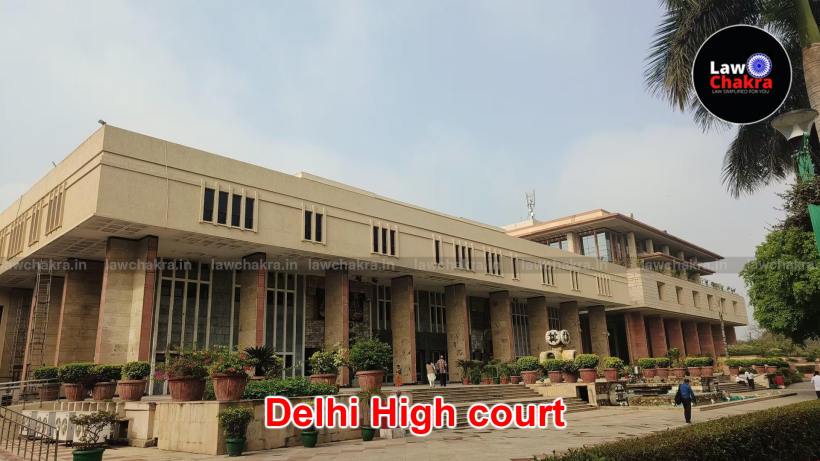CJI Gavai Explains During SC Hearing On Gateway Project

During a Supreme Court hearing on the Gateway of India jetty project, a debate arose about the meanings of ‘Aamchi Mumbai’ and ‘Tyanchi Mumbai.’ The Chief Justice explained the difference, highlighting local identity and belonging in Mumbai.
What distinguishes ‘Aamchi Mumbai’ from ‘Tyanchi Mumbai’? These two well-known Marathi phrases are frequently used in Mumbai, but they carry different meanings.
This distinction was discussed in the Supreme Court during a hearing on a petition concerning the passenger jetty and terminal facilities project near the Gateway of India.
In Marathi, ‘Aamchi’ translates to “ours,” while ‘Tyanchi’ means “theirs.” In the context of Mumbai, ‘Aamchi’ refers to the area where common people reside, whereas ‘Tyanchi’ signifies the regions inhabited by the elite.
Chief Justice of India, BR Gavai, who was part of the Supreme Court bench hearing the petition, shared his perspective,
“Aamchi Mumbai’ does not live in Colaba. It is only ‘Tyanchi Mumbai’ that lives in Colaba. ‘Aamchi Mumbai’ lives in Malad, Thane, Ghatkopar.”
The senior lawyer representing the petitioner against the passenger jetty project remarked,
“It is between ‘Aamchi Mumbai’ and ‘Tyanchi Mumbai’, sometimes that is where the difference lies.”
Also Read: Supreme Court on Mumbai Jetty Project: “We All Want Sewage Plants, But Not Near My House”
The bench led by the Chief Justice rejected the petition, stating,
“It is like this, everyone wants a sewage treatment plant, but not behind my house. In the city, when something good is happening, everybody approaches the Supreme Court.”
The CJI noted,
“You can see what the benefits of the coastal road are? A person from South Mumbai reaches Versova in 40 minutes, and earlier it used to take three hours,”
CJI Gavai emphasized that such projects are implemented worldwide, mentioning,
“If you go to Miami, there are so many.”
The counsel representing the petitioners indicated that the project is expected to be completed within two years.
The phrase “Aamchi Mumbai from Tyanchi Mumbai?” represents a deep shift in how people see identity and belonging in the city.
In Marathi, Tyanchi Mumbai means “their Mumbai,” often pointing to a city seen as being in the hands of outsiders or the elite. On the other hand, Aamchi Mumbai translates to “our Mumbai,” highlighting a sense of pride, ownership, and emotional connection among the locals.
This phrase often comes up in political, social, and cultural debates, raising questions about who truly belongs to the city. It reflects ongoing struggles over space, representation, and power in one of India’s most vibrant and diverse cities.
Be it during elections, discussions on migration, or urban planning, the shift from Tyanchi to Aamchi serves as a strong call for inclusion. It pushes back against the idea that Mumbai is meant only for a few and reminds us that the city is shaped by all who live and work here.





